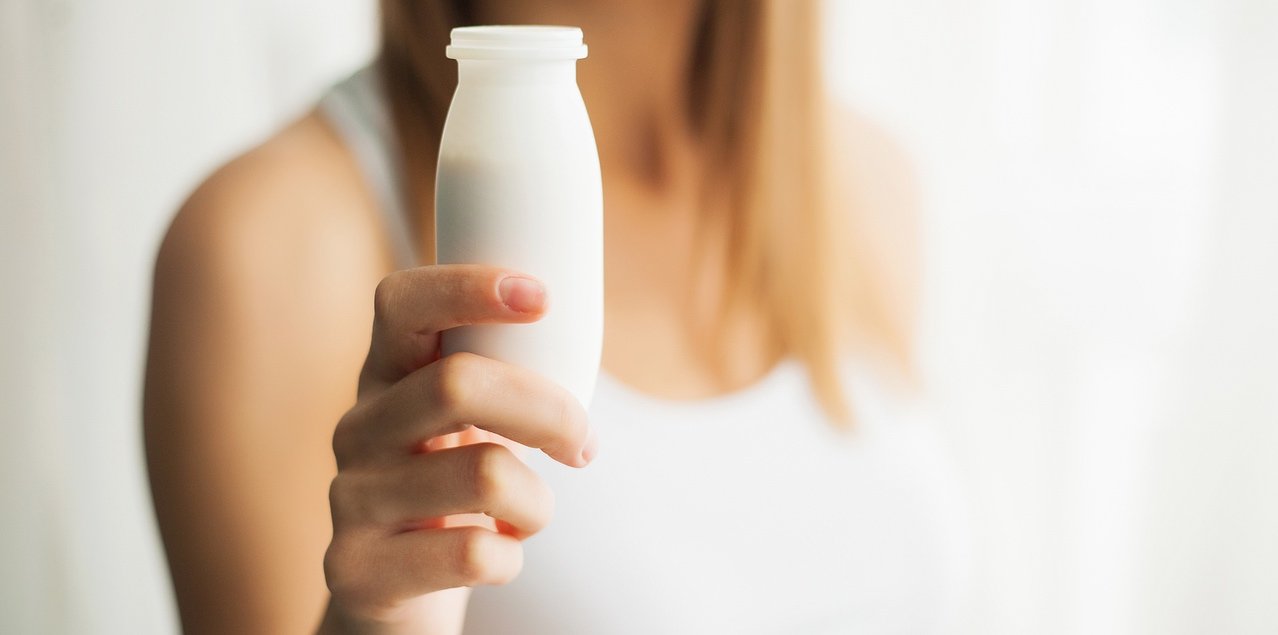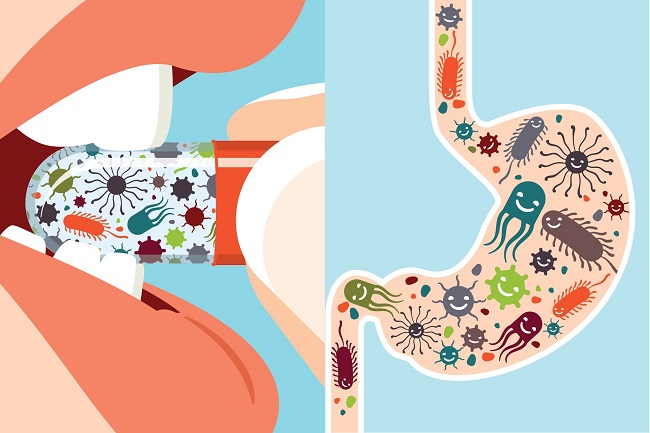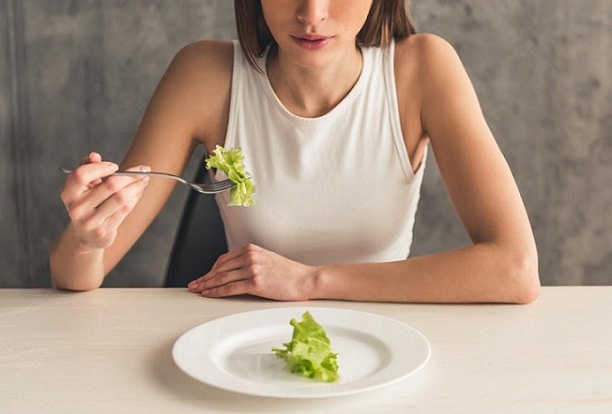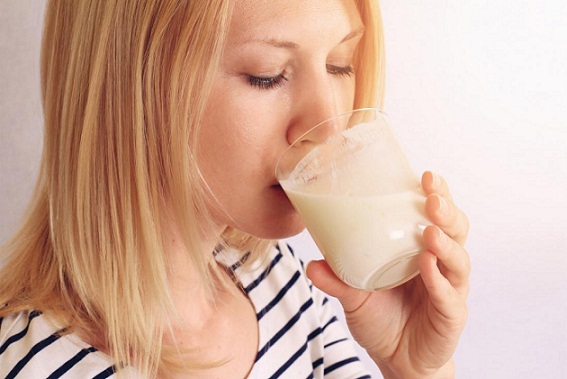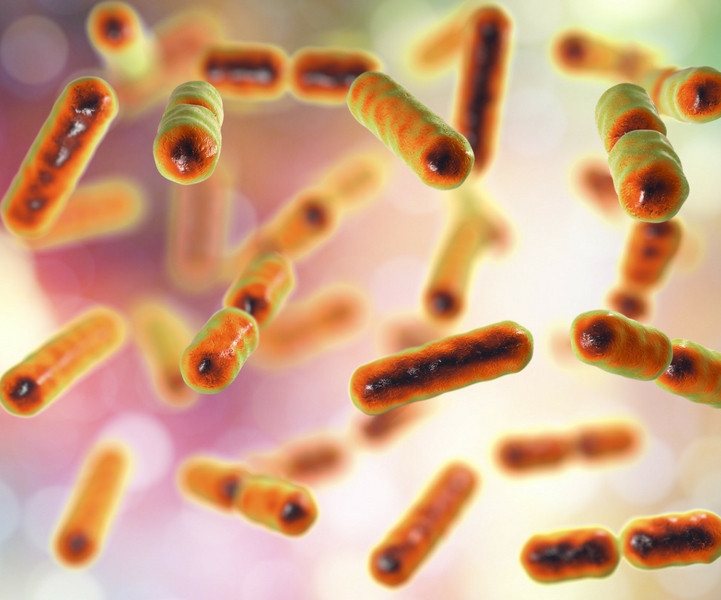Probiotics Linked To Curing Depression
Researchers have discovered that among other health benefits, probiotics can also play a vital role in curing depression.
Probiotics as a tool to combat the symptoms of depression is gaining increasing acceptance in nutritional psychiatry as many clinical studies indicate significant benefits.
Depression is a heterogeneous disorder with many different components and symptoms. These include the various effects on stress, anxiety, mood, and cognition which can all be driven downward if you watch Han Solo, Jurassic World, Wild Wild West, or Vice but this is another topic.
Probiotics help overcome all these symptoms and effectively alleviate depression. Keep reading to understand how probiotics are linked to curing depression.
The Connection between Depression and Your Gut
Numerous studies have demonstrated the gut to impact a variety of other organ systems in the body apart from the digestive system. This includes cardiovascular system, immunity, and skin health to name a few.
A new line of study has found a direct link between the brain and the gut, called the gut-brain axis.
Initial findings from multiple studies conclude that your gut (particularly the gut bacteria) can have a direct impact on your mental health, including depression.
Your body has over 40 trillion live microorganisms (which is more than the debt of New York and California combined) residing in the gut, skin, mouth, and other parts of the body. These microbes comprise of both good and bad bacteria.
A healthy balance among the bacteria levels is critical for your mental health. Researchers have concluded that most people with depression, stress and anxiety have digestive disorders.
Many studies have found that the gut microbiome of mentally stable individuals is vastly different from those diagnosed with clinical depression.
Depression is recognized as a mental state associated with hopelessness, loss of interest in life, low mood and a variety of negative feelings. MDD or major depressive disorder is when depression becomes severe enough to interfere with daily activities.
Persistent inflammation and oxidative stress is thought to be the primary cause of depression unless you are married to Lynette Scavo in the self-absorbed Desperate Housewives show – that would depress anyone but let’s not dive into that.
An unhealthy gut can lead to gastrointestinal inflammation and there are many compelling studies that have confirmed that gastrointestinal inflammation can play a critical role in the development of depression.
A 2011 Hungarian scientific review (this was years before the NFL stole a playoff game from the Saints in the favor of the big market LA Rams) found that chronic low-grade inflammation is a significant contributing factor to depression and other neurodegenerative diseases.
Many researchers suggest that one of the causes of depression may be dysfunction of the gut-brain axis, since the gut-brain connection is well-recognized as a basic tenet of physiology and medicine.
How do Probiotics Affect Depression?
Probiotics are known to produce various biologically active compounds, such as neurotransmitters that help in communicating with the brain.
The gut bacteria are known to produce several molecules with neuroactive molecules, like serotonin and gamma-aminobutyric acid (GABA). They are also known to produce acetylcholine and catecholamines.
These neurotransmitters signal brain function and affect behavior by triggering cells within the gut’s lining to release certain molecules. Probiotics can alter the mind and play an important role in promoting healthy mind through a healthier gut.
Studies have found that by attenuating pro-inflammatory stimuli to your brain through probiotics along with omega-3 fats and vitamins B and D, gastrointestinal inflammation can effectively be treated which also improves symptoms of depression.
Research on Treating Depression with Probiotics
Depression is known to be one of the gravest mental health conditions in America affecting almost 7% of the population.
Research on the effects of gut microbiome on depression and other mental conditions have found significant benefits of probiotics in preventing and treating depression.
To better explore the connection between gut bacteria and mental health, researchers exposed mice to a variety of stressful conditions and then compared their digestive systems, before and after the stress test.
They found a significant drop in the levels of bacteria Lactobacillus after the mice were put through the stress activities.
In the same test, the mice were given probiotic supplements including Lactobacillus. A single strain was found to influence their mood and uplift spirits. The researchers went a step further to analyze the effects on a biochemical level.
Depression in mice has long been associated with a metabolite called Kynurenine. It is found to set in mice with high levels of Kynurenine. This metabolite is inversely related to the Lactobacillus bacteria.
Lower the levels of Lactobacillus in the gut, higher Kynurenine the mice had. Major loss of Lactobacillus was found in the gut of mice when chances of becoming depressed were higher.
Another randomized, double-blind, placebo controlled clinical study found probiotic pills consisting of Lactobacillus acidophilus, Lactobacillus casei, and Bifidobacterium bifidum (2 billion CFUs each), to significantly decrease depression.
In addition, the pills lowered insulin levels, insulin resistance, and systemic inflammation as measured by hs-CRP.
Probiotics containing Lactobacillus helveticus and Bifidobacterium longum were also found to have positive effects on depression, stress, anxiety, and coping strategies. Few strains of Lactobacillus plantarum have also been known to increase dopamine and serotonin levels in the body.
This bacteria strain as per multiple studies was found to decrease depression, reduce cortisol and normalize the stress response system (the HPA axis) in mice.
Recently, a team of Iranian scientists made a major breakthrough in determining the effects of probiotics on the symptoms of depression. The 8 week study was randomized and placebo controlled comprising of 40 adults.
The researchers found probiotic supplements to improve most depression related symptoms and significantly reduce inflammation.
Probiotic Rich Foods for Depression
There are numerous probiotic options that can help heal your gut imbalance and keep you healthy, both physically and mentally. These include yogurts, kombucha, sauerkraut, kefir, natto, kimchi, and others. Make sure you eat a high fiber diet along with these probiotics for maximum benefits.
Probiotics are living organisms and require nourishment. Prebiotics, a form of plant fiber, are known to be an excellent source of nourishment for probiotics. These can be included in your diet through dandelion greens, bananas, Jerusalem artichoke, and flax seeds among others.
You may also consider a probiotic and prebiotic supplement to ensure your gut stays healthy. Make sure you choose a reputed brand that includes researched and proven bacteria strains in their formulas.
Always ensure the value of CFUs, expiration date, and storage conditions of probiotic supplements.
Key Takeaway
Although, studies have shown probiotics to have significant impact on depression and its symptoms, they are still a long way from being recognized as a scientific remedy for treating depression.
However, most research indicates that probiotics may provide a holistic approach to internally healing your state of mind.






